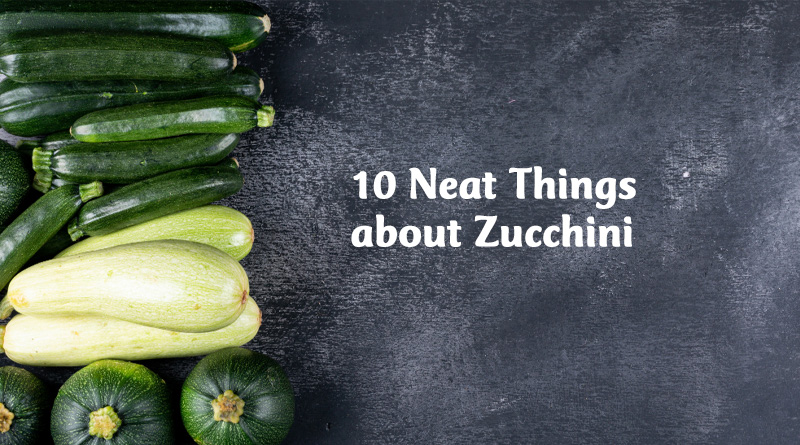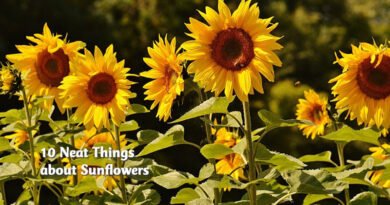10 Neat Things About Zucchini
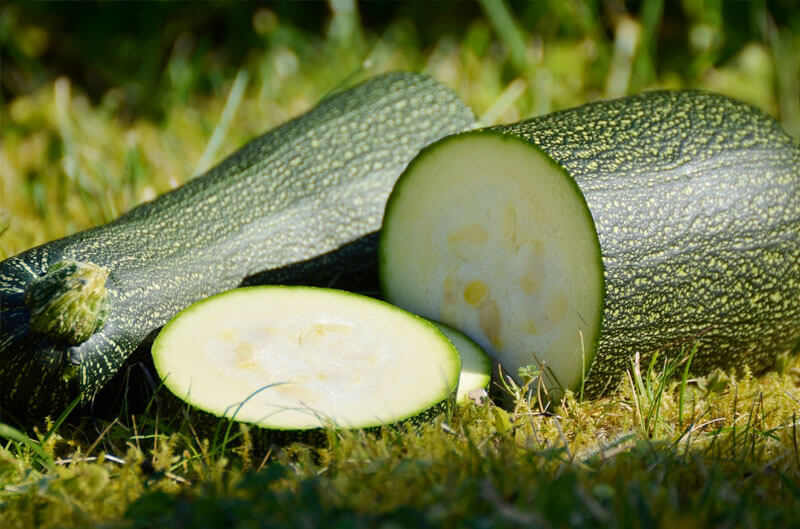
1. One plant, one family.
Zucchini is such a prolific crop that one plant is enough to feed one family. The more you pick them, just like cucumbers and beans, the more zucchini rewards with additional bounty. And you can do this and still harvest most of the male flowers and the fading female flowers to make fritters for Sunday morning.
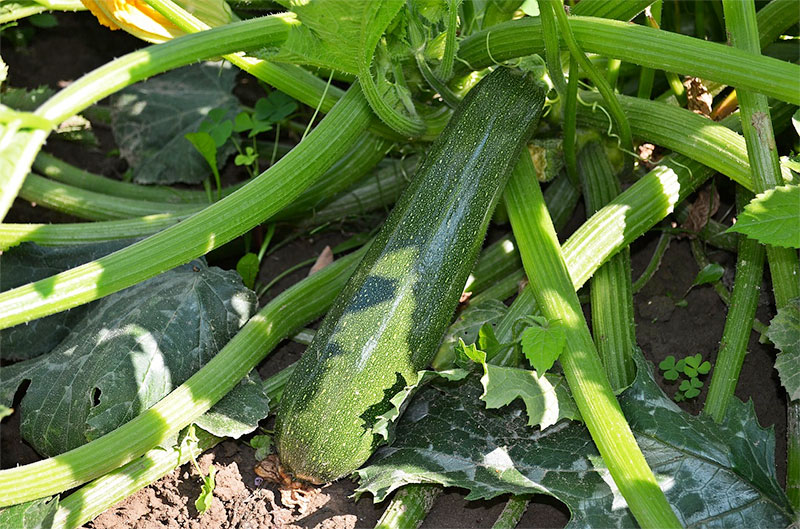
2. Let it grow, let it grow.
Most people harvest zucchini when they are about eight inches long, but if you leave them alone you can grow a formidable weapon of about three feet long and of a baseball bat’s circumference. In Montana a few years ago, a woman actually fought off a bear with a foot-long zucchini, giving it a hefty wallop on the nose which sent the bear howling. Well, what’s a woman to do with a thief who wants into her house?
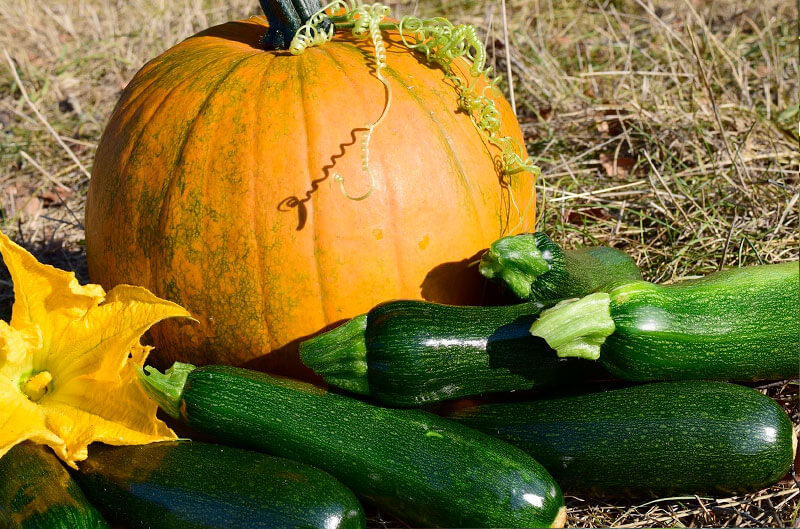
3. A squash by any other name – might be a zucchini.
In actual fact, a zucchini is just a squash gone skinny. It doesn’t even come from the homeland of all other squashes, that homeland being the Americas. Instead, it is a hybrid, created by Italians near Milan in the late 19th century. They named their new squash ‘little squash’ (zucca squash, ino little) and its syntax has been bastardized by Americans so that the plural form, zucchini, is now singular in our ignorant countries.
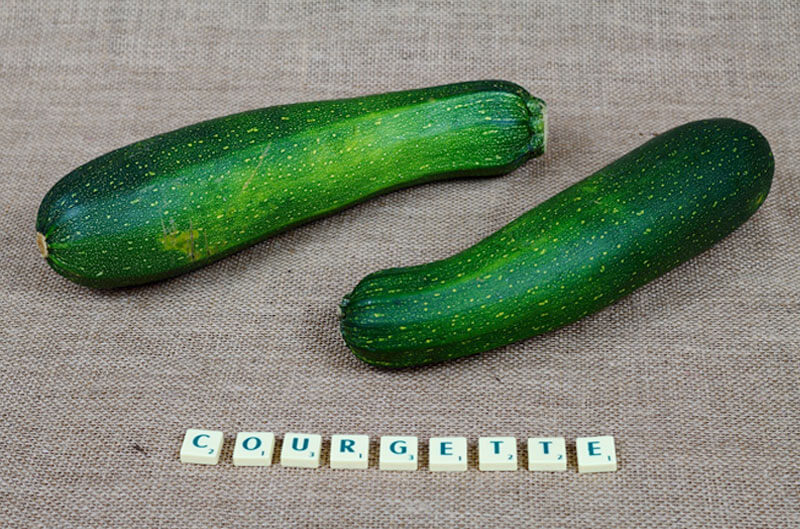
4. When a zucchini is a courgette.
The Brits borrowed their name for zucchini from the French, who insisted on being original, naming the gourd courgette from the Latin word cucurbita which is courge in French, and of course the French diminutive of courge is courgette. This is all in aid, by the way, of those who like to read British cook books. Courgette is the tenth favourite vegetable (well, it is actually a fruit) of the Brits.
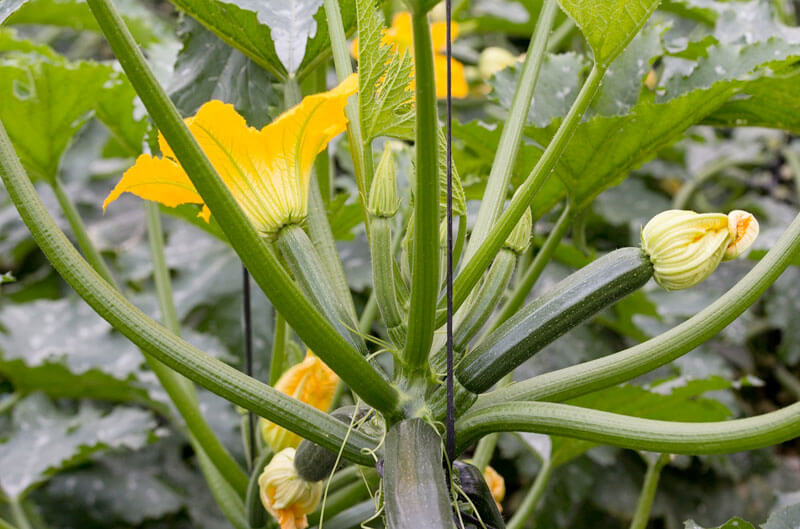
5. The female burden.
Zucchini plants bear both male and female flowers. As is often the case, the females carry the heavy load. You can distinguish a female from a male flower by this very fact. Look at the base of the flower: if it carries a bulge, the incipient zucchini, it is a female. If it has only a straight stem attached to the main stem, it’s a male.
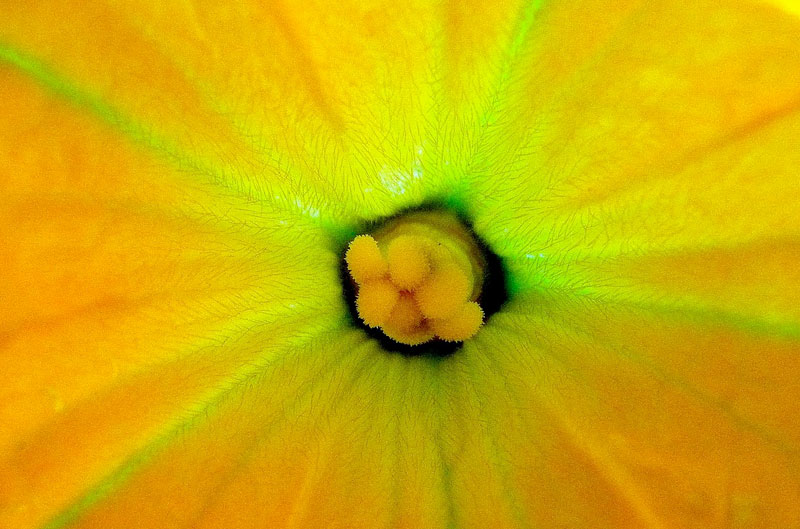
6. Pollinator lite.
In these the latter days of the great Pesticide Scourge, it is sometimes necessary to take mating into your own hands. If the flowers of your zucchini fall off or the little squashling withers and dies, it is likely because of pollination problems. You can help. Find a healthy male flower saturated with pollen. Strip off the petals, then spread the bounteous pollen from the male’s anthers over the stigma of the female’s. The stigma is the little cap on the end of the style, the tube that leads down into the ovary.
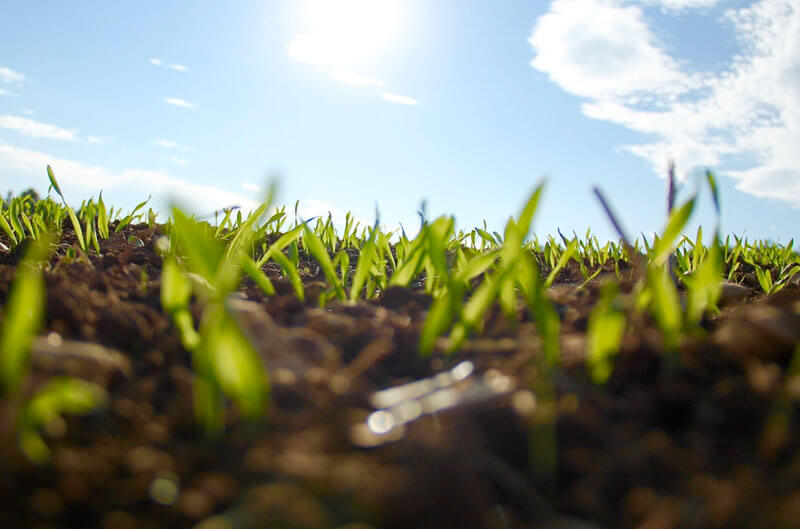
7. Growing zucchini.
This generous plant likes rich soil and lots of moisture in full sun. Give it plenty of compost and fertilize it with a balanced fertilizer. It needs about an inch of water once a week. If you, instead of the heavens, are doing the watering, keep the hose off the leaves to avoid encouraging ever eager-to-pounce mildew. Water deprived zucchini will wilt in the hot mid day sun if you don’t keep up with their needs.
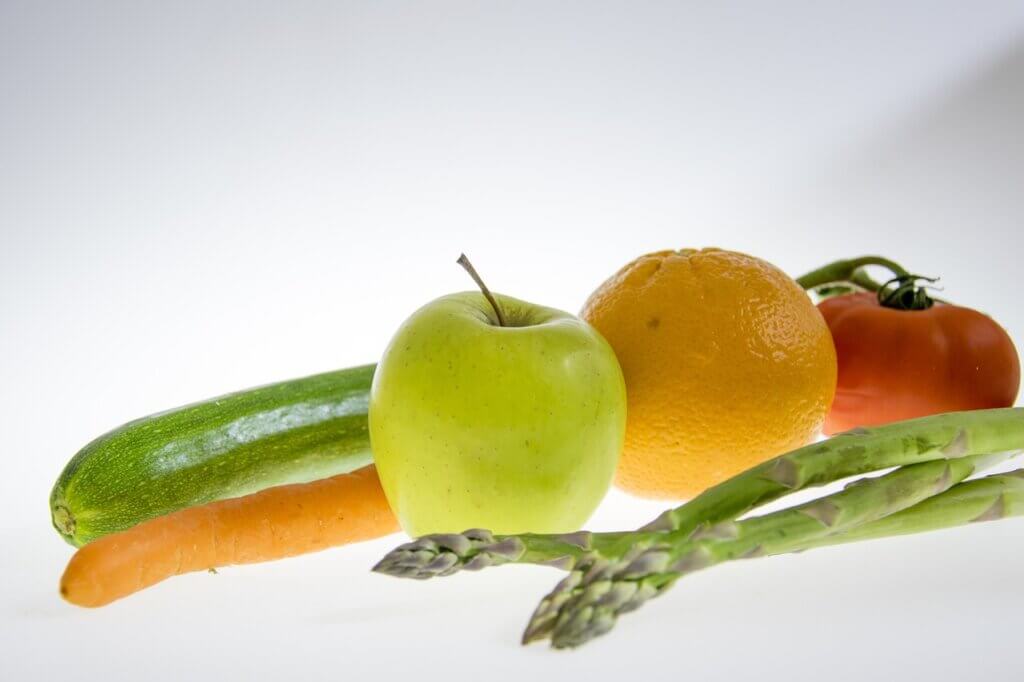
8. Vengeful zucchini.
Who would think that mild-mannered zucchini could have a mean side, but they can for some sensitive people. All squashes, including cucumbers, when attacked, emit a powerful chemical just beneath their skins. Too early harvesting can cause this reaction in the fruit, which can release a toxic substance from the peels. People complain of skin that feels coated with a plastic substance that is hard to remove. It dries, then cracks and falls off, taking skin with it and leaving soft new tissue behind.
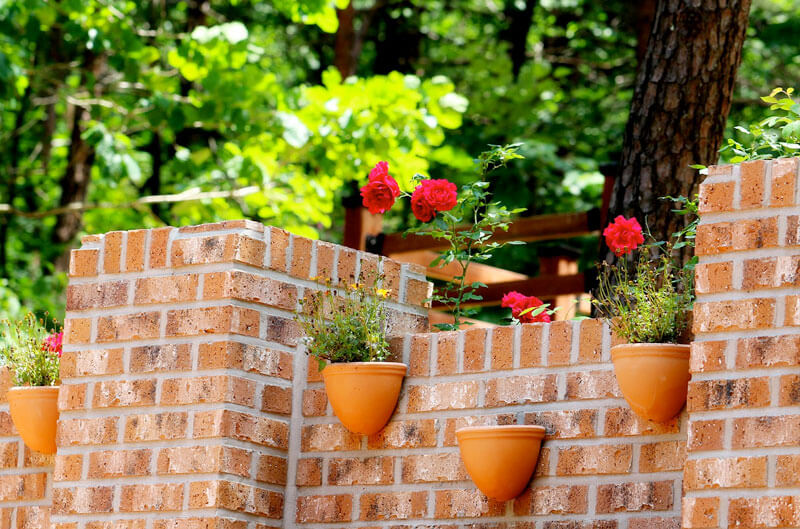
9. Pot growing.
Zucchini can be kept producing and growing under more control in a container. One enterprising veggie farmer recommends growing the plant in a 12-inch pot nailed to a fence or a wall. He gets the same amount of fruit but a fewer leaves.
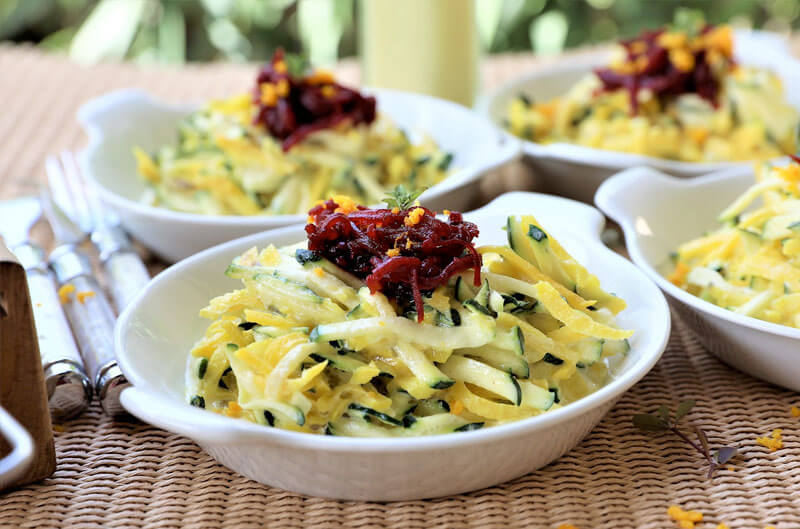
10. What to do with all that zucchini?
You can bake it into bread like banana bread, or you can pickle it like you do cucumbers! You can grind it up and use it in cakes to fool the kids. Most people just throw it into stir-fries. Others do the fritter thing with the flowers. Whatever you do, zucchini is good for you. Zucchini has only 15 calories in 100 grams; it is filled with folate, potassium and vitamin A. And it makes a great companion for most vegetables in a nice ratatouille.
First published in July, 2021

